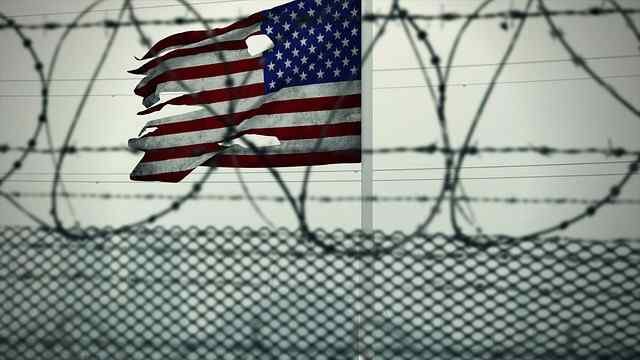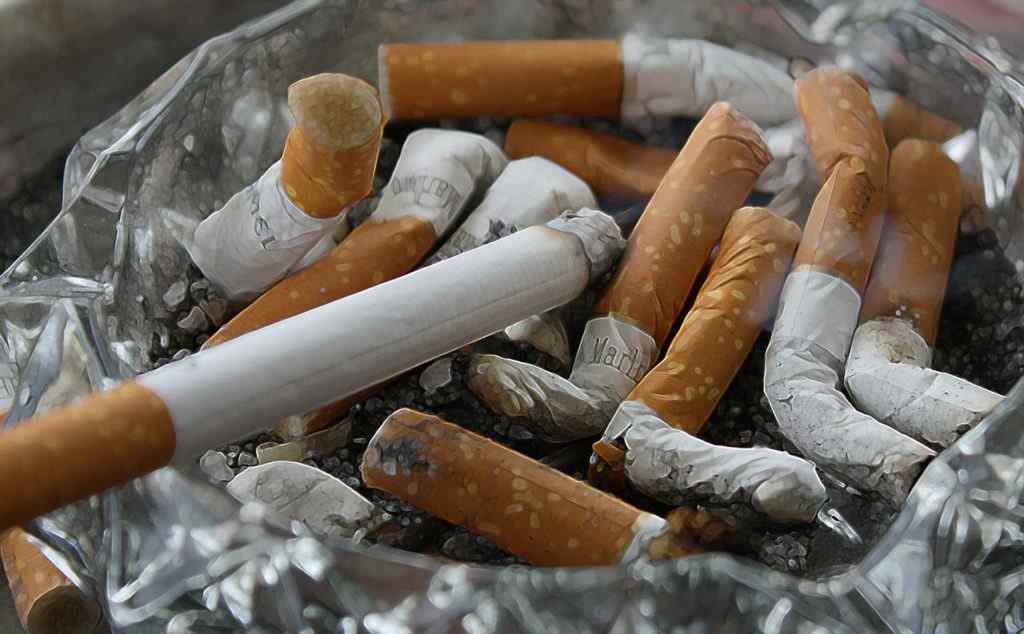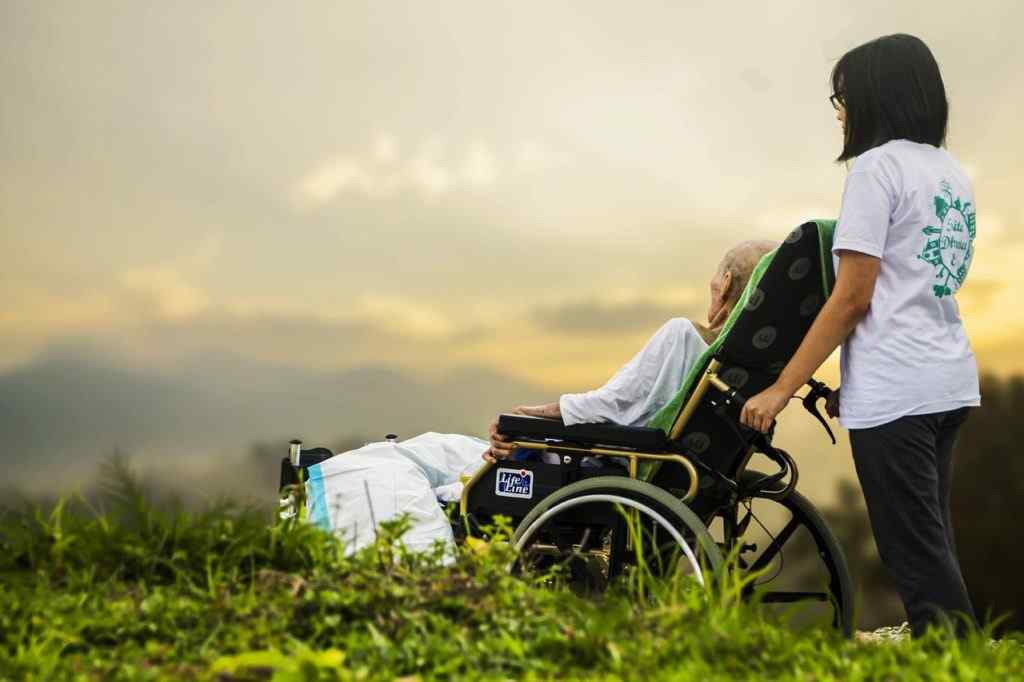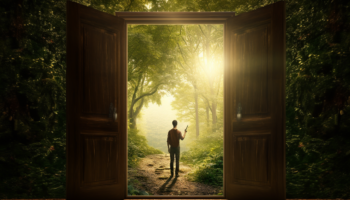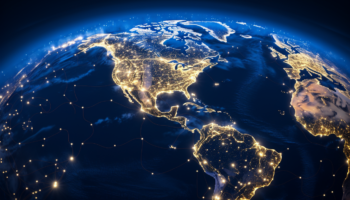Social injustice occurs when some members of a society are denied the opportunities and privileges others receive. It’s a broad term applying to anything from discrimination due to race, gender, age, religion, or national origin, to inequality of public schools based on income, to unfair labor laws. It also applies to psychedelic criminalization.
Psychedelic substances such as LSD, psilocybin, and DMT are illegal in many western countries. In the U.S., they are classified as Schedule I substances. This denotes they have no currently-accepted medical use and high potential for abuse.
However, this classification is arguably inaccurate, and at the least applied unfairly. Psychedelic criminalization, then, is a social injustice because it denies certain people opportunities and privileges that other people in the same society enjoy.
Here are a few ways in which psychedelic criminalization is social injustice.
PSYCHEDELIC CRIMINALIZATION IS ARBITRARY
Why are, say, LSD and psilocybin Schedule I substances when alcohol and nicotine are not? This arbitrary distinction amounts to social injustice. If the law were applied equally, psychedelics would be just as legal as beer and cigarettes.
Up until the 2000s, scientists didn’t recognize any medical benefits to nicotine. Even now, the suggestion that it may help with concentration, prevent Alzheimer’s, or delay Parkinson’s disease are controversial at best.
It’s also questionable whether alcohol has any medical benefits. Research indicates that moderate consumption may help prevent a heart attack or stroke. However, these are hard to pinpoint for sure as even moderate consumption may not benefit everyone. Any more than moderate consumption could actually contribute to a heart attack.
Decades of research, however, show that psychedelics have strong potential to benefit people mentally. Meanwhile, alcohol and nicotine carry high potentials for abuse. Both are proven to be addictive substances. Psychedelics, by and large, are not.
Of course, any substance can be abused or otherwise used irresponsibly. However, there are many more documented cases of alcohol use resulting in injury or death than any psychedelic.
Why then, is there psychedelic criminalization but not alcohol or nicotine criminalization? The inequality is an example of social injustice. Just because a person prefers the effects of psilocybin over beer or cigarettes doesn’t mean they should be denied the right to enjoy what they like when others aren’t.
This doesn’t mean beer and cigarettes should be made illegal. Even a passing knowledge of the U.S. in the 1920s shows the impracticality and danger of alcohol prohibition.
Repealing psychedelic criminalization, then, would erase this social injustice.
PSYCHEDELIC CRIMINALIZATION DENIES SOME PEOPLE MEDICAL TREATMENT
Psychedelic criminalization also rests on the notion that these substances have no medical benefits. However, psychedelic substances have many more uses besides recreational ones. Not recognizing this fact is a social injustice that denies some people access to medical care.
In the two decades before their criminalization, some 40,000 patients took part in psychedelic drug therapy. Researchers published more than a thousand papers on the subject. Studies dropped off after they were made illegal, but have picked up in the last 15 years.
Today, study after study present the powerful, positive impacts that LSD and psilocybin have on people who struggle with addiction and depression. Others show those substances as more effective treatments ofpainful cluster headaches than current medications.
Yet psychedelic criminalization prevents potentially millions of people from seeking treatment for conditions that plague their lives. This denial of treatment isn’t applied equally. Other treatments are available, but in many cases they are not as effective as psychedelics.
Meanwhile, conditions such as ADHD and chronic pain are regularly treated with substances such as Adderall or Vicodin, respectively. These also have high potential for abuse, but unlike psychedelics are not Schedule I. In fact, some sufferers of ADHD are turning to psychedelics as a more effective and bearable treatment of their condition.
It is a social injustice that some people can seek robust treatments for their conditions while others can’t because the substances that are most effective are classified differently.
Listen to our podcast episode with Ayelet Waldman talking about: How To Have A Really Good Day With Psychedelics or Click here to read the transcript
PSYCHEDELIC CRIMINALIZATION CAN RUIN LIVES
Psychedelic criminalization means people who use a substance responsibly can potentially have their lives altered for the worse. It becomes a social injustice when that rule does not apply to those who use other substances in the same way.
A person who is convicted of possessing three hits of LSD can, depending on their location, face one to three years in jail, a felony charge, and up to $25,000 in fines. An adult carrying three beers, or even a case, would never be arrested. Even someone holding a powerful substance such as Ritalin or Percocet would most likely not be charged, so long as they could prove a doctor prescribed it to them.
That’s because they are all classified differently. LSD is Schedule I and completely illegal; Ritalin and Percocet are Schedule II, legal for controlled use. Beer is not scheduled at all and is legal for anyone over 21.
However, it’s been shown here and elsewhere that these designations don’t add up. Schedule II substances carry “high potential for abuse which may lead to severe psychological or physical dependence.”
Alcohol fits this bill, but is not scheduled here. LSD does not meet this requirement, which is also present for Schedule I. Yet of the three, LSD possession carries the heaviest legal charges. Those charges are powerful enough to change someone’s life.
In the United States, felons can lose their civil rights even after being released from prison. Depending on the state, they cannot vote or apply for some professional licenses. Many places also bar them from owning firearms, and allow housing discrimination against them.
To be fair, cases of drug possession are often misdemeanors, which carry fewer losses of rights. And, there are relatively few people in jail for psychedelics. One statistic notes that three percent of felons in federal prison are incarcerated for drug charges stemming from MDMA, LSD, or prescription drugs.
However, even just two percent of the approximate 1.53 million people in state or federal prison amounts to more than 30,000 people — more than enough to fill a sports arena. Meanwhile, MDMA and LSD are Schedule I, while, arguably, they do not meet the criteria.
The fact that psychedelic criminalization remains intact, while other substances are not rated by the same standards, is a social injustice.
